Coping with COVID-19: a Tweet Chat Summary
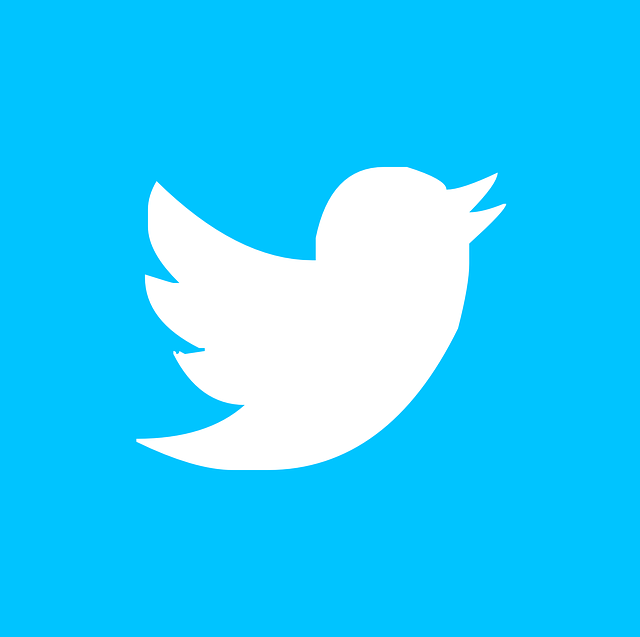 On April 7th, the OAC co-hosted a Tweet Chat with OBSM (Obesity Social Media) about coping with the impacts of COVID-19 on daily life. With more than 700 tweets and 50+ participants, the lively Tweet Chat gave followers a way to hear from others about how they’re managing their health through the current pandemic.
On April 7th, the OAC co-hosted a Tweet Chat with OBSM (Obesity Social Media) about coping with the impacts of COVID-19 on daily life. With more than 700 tweets and 50+ participants, the lively Tweet Chat gave followers a way to hear from others about how they’re managing their health through the current pandemic.
The questions raised during the Chat led us to share about our personal struggles and frustrations, but they also pointed to some helpful tips. Check-out a recap of the great conversation below.
Guest Appearances from Health Experts:
- Rachel Goldman, PhD, FTOS
- Nina Crowley, PhD, RDN, LD
- Robert Kushner, MD
- Paul Davidson, PhD
- Ted Kyle, RPh, MBA
- Yelena Kibasova, Fitness Instructor
Q1: What unique challenges might COVID-19 be presenting to people who are struggling with their weight? What challenges are patients sharing?
Tweet Chat participants kicked-off the night by talking about some of the challenges they’ve been facing personally, or struggles that others have expressed.
Some common themes:
- Emotional eating; trouble with meal planning; struggling with healthy food
- Not having access to gyms; not knowing what workouts to do at home
- Fear of weight gain; hurtful jokes from others on social media
- Depression & anxiety; hard time with isolation; not attending support groups

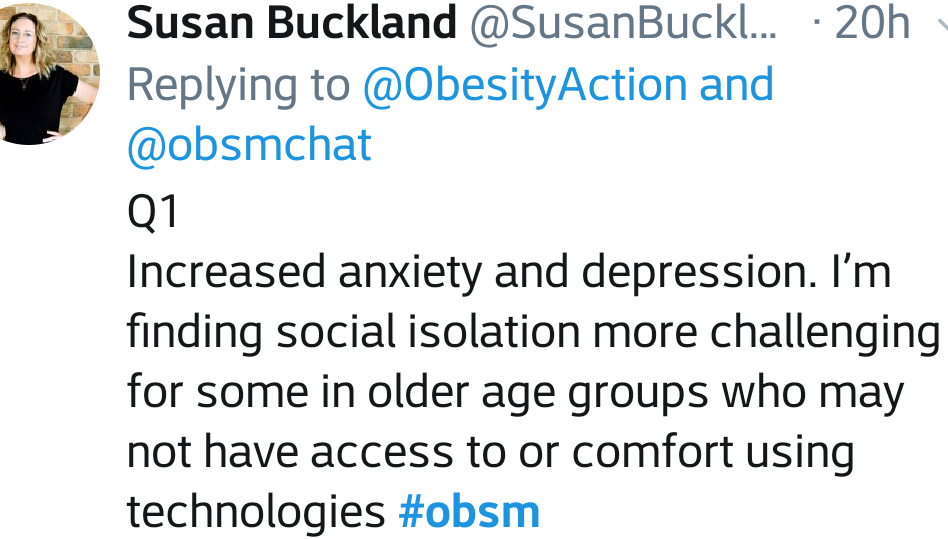
Q2: Staying knowledgeable and informed about COVID-19 is important but news/social media can be overwhelming and stressful. Any tips?
What seems to help most people is unplugging as much as possible. You can avoid some of the hype and negativity by listening to reliable sources, like the Centers for Disease Control (CDC), World Health Organization (WHO) and representatives from your city/state. Once you have the information you need, step away from the news in favor of more meaningful activities like connecting with your loved ones.
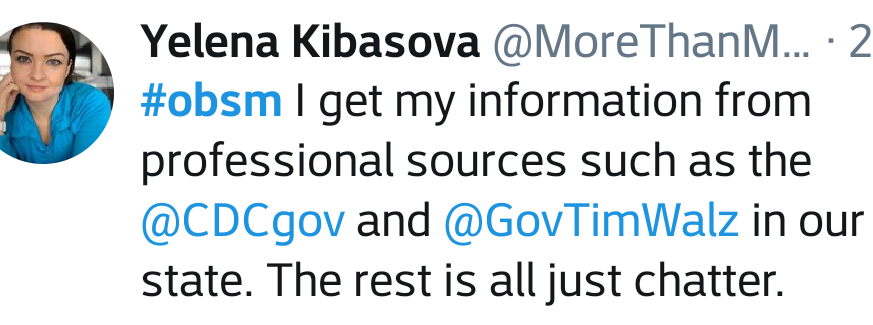
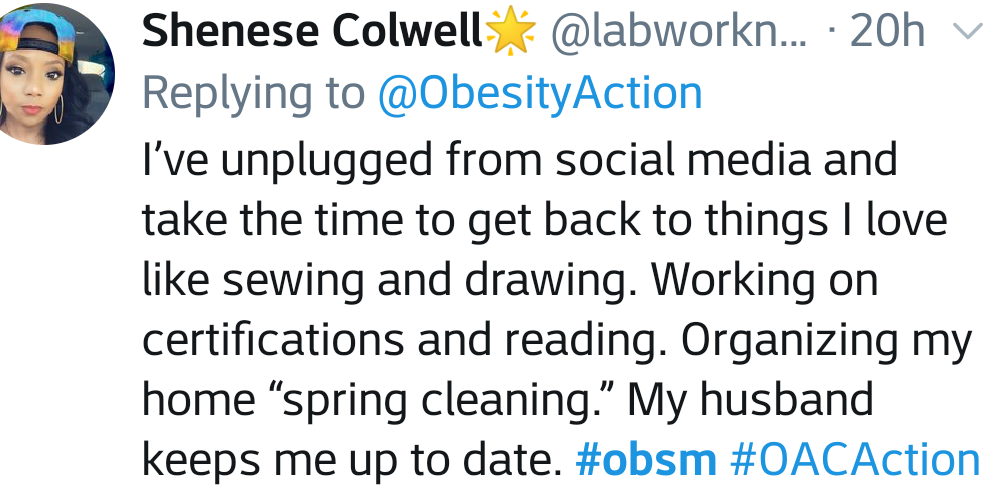
Q3: What are some useful resources during this time?
We are all connected to different organizations, businesses and health experts that have been sharing tips and resources. However, there are a lot of similarities among the resources we are finding to be the most helpful and inspiring:
- Healthy recipes; food and mood journals
- Online or TV video workouts
- Virtual support groups and discussion forums
- Telehealth
- Apps for grocery shopping, meditation, etc.
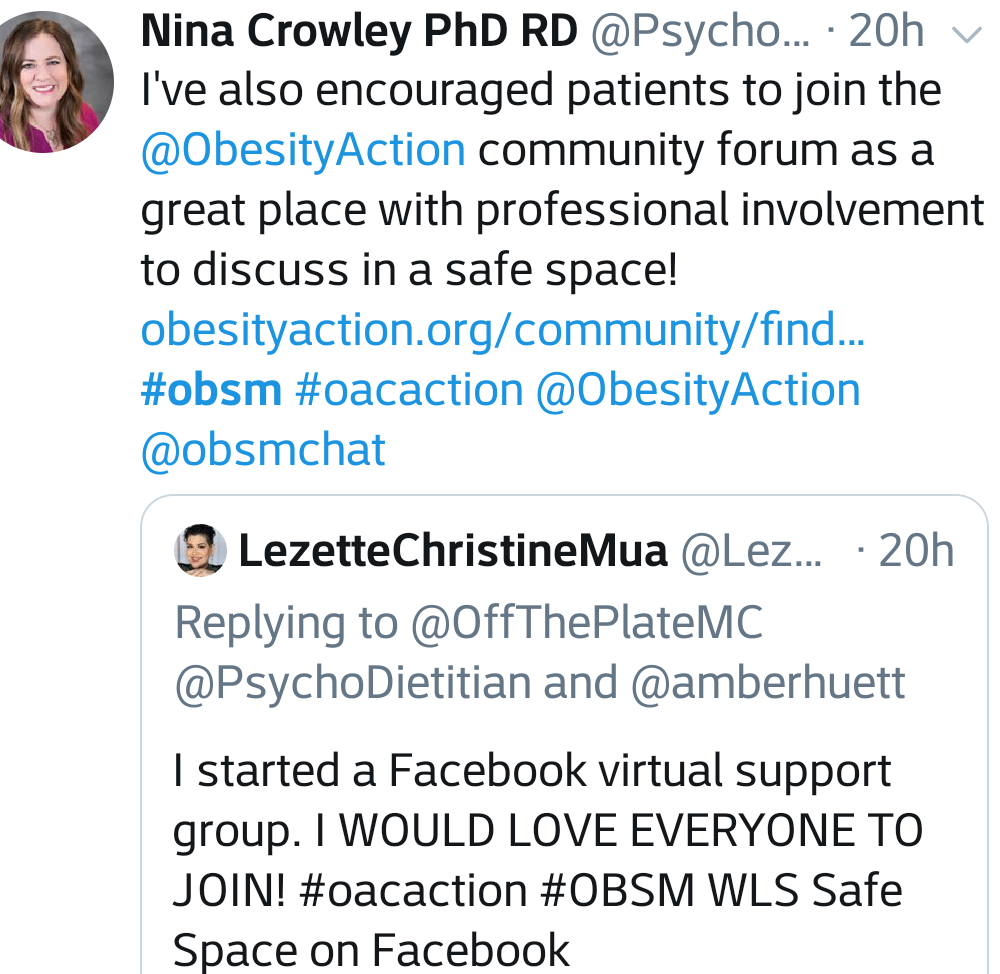
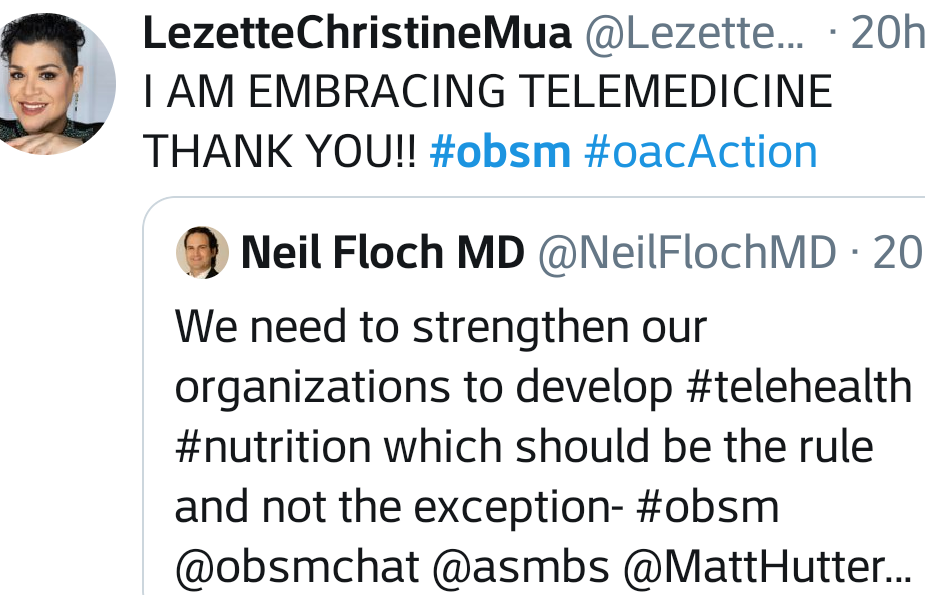
Q4: What are some acts of self-care we can be taking part in?
Self-care means different things to different people. It’s all about being kind and forgiving to yourself. You might be less productive than usual or struggle with healthy habits. Don’t feel like you have to focus on weight-loss or self-improvement right now. Cut yourself a break.
Some self-care activities shared in the Tweet Chat:
- Basics: healthy food, sleep, exercise, staying hydrated
- Reconnecting with friends and family
- Reading and watching TV/movies
- Doing yard work or gardening
- Exercising or just moving in general
- Meditating
- Taking mental breaks
- Cooking new recipes
- Attending virtual support groups
- Going on walks outside
- Trying new things
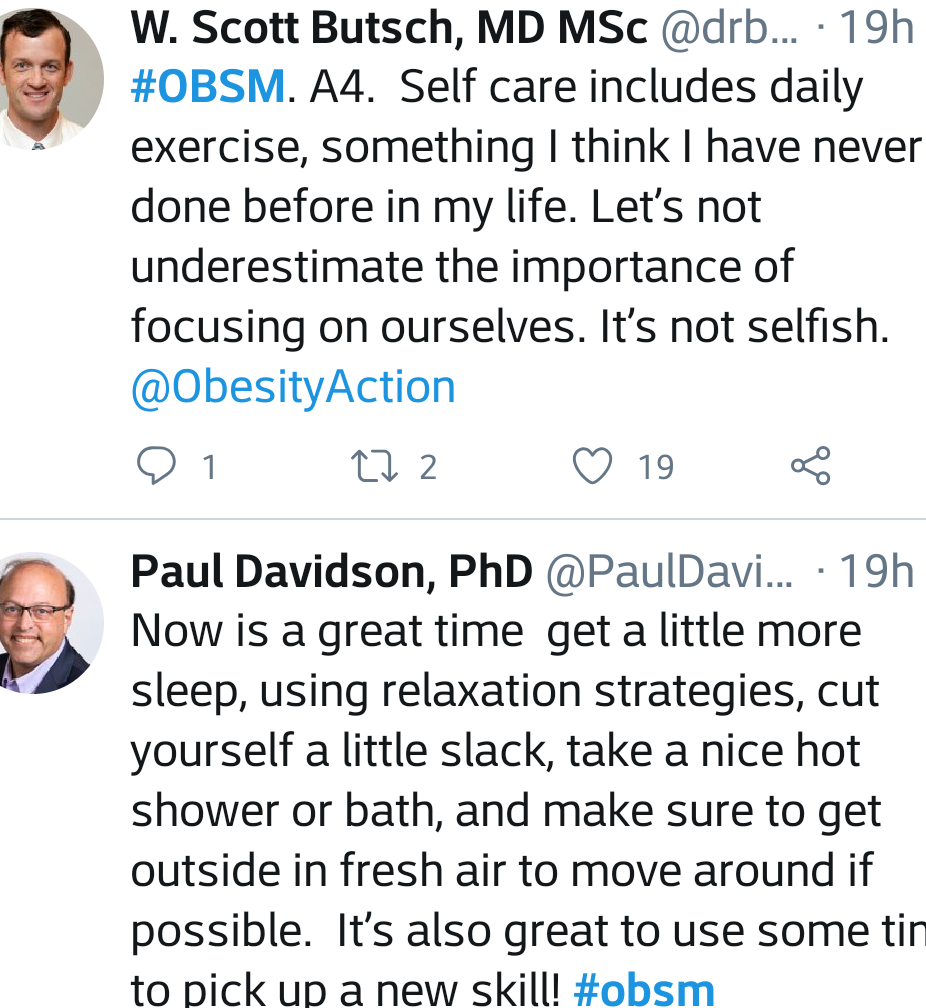
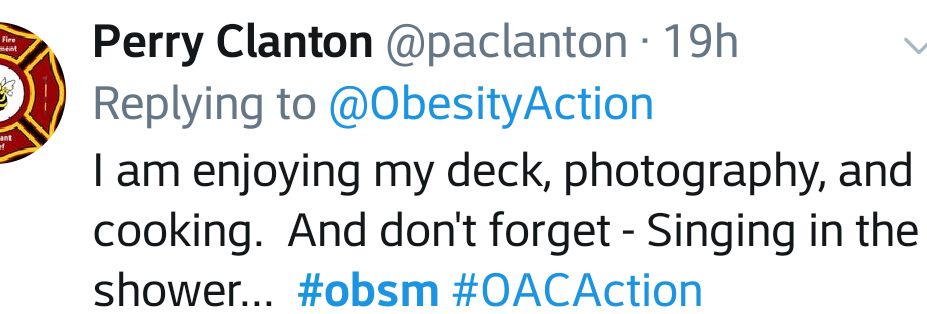
Q5: Share something positive that is happening in your life or something you’re looking forward to.
It’s easy to focus on what brings you stress and what you can’t control. Keep in mind, though, that your thoughts, emotions and behaviors are all connected. During tough times, don’t forget to see the positive. When you invite good things into your thoughts, they will have a domino effect.
Some of the positive news shared:
- Expecting grandchildren
- Having more time to cook
- Looking forward to postponed vacations
- Picking up or re-learning a musical instrument
- Spring weather
- More time spent connecting with loved ones
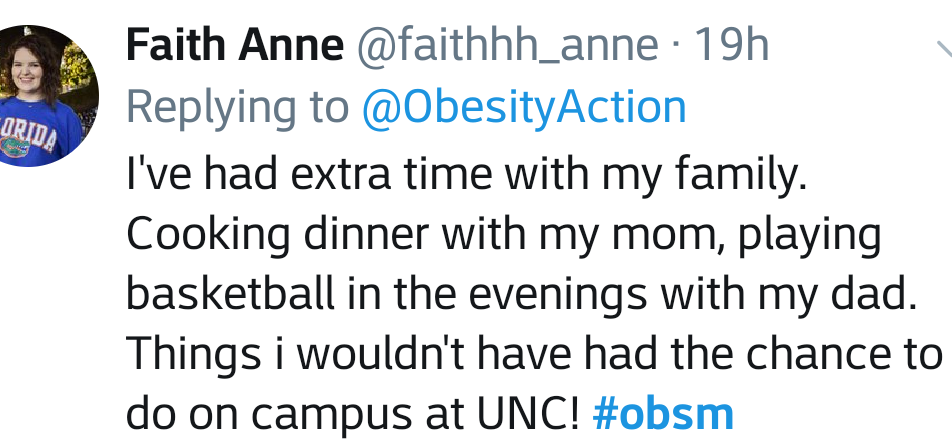
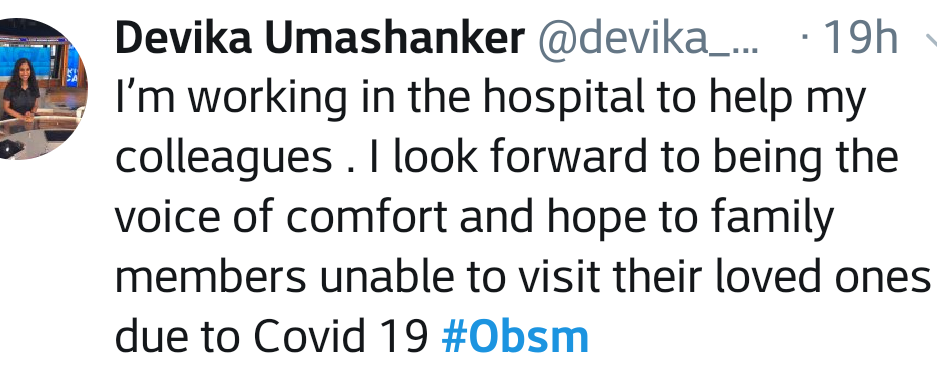
Tweet Chat Takeaways:
- If you are struggling with your health in any way, you are not alone. Don’t feel guilty. Be kind to yourself and shake-off the desire for perfection.
- Stay informed about current issues, but set aside most of your time to unplug. Don’t keep the news going or spend hours on social media.
- Keep an eye out for health resources and support. The OAC has been sharing a lot of them on our Blog, Discussion Forum and social media pages. We’ve also made OAC Premium Access Membership FREE through July 1, 2020, so you can have access to additional health resources! Click Here to sign-up at no cost.
- Take care of yourself physically, mentally and emotionally.
- Spend time thinking about the positive.
Click Here to view a transcript of this Tweet Chat. Make sure to follow the OAC on Facebook, Instagram and Twitter to stay tuned for more social media events like this and to find more support during this time!

